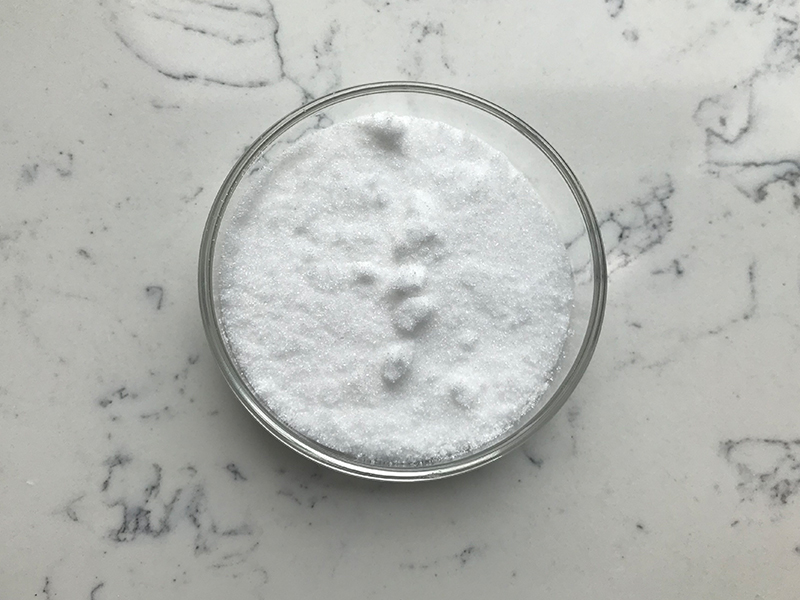Origin of Betaine:
Betaine, also known as trimethylglycine (TMG), was first isolated from sugar beets (Beta vulgaris) in the 19th century, which is how it got its name. It is a naturally occurring compound found in various plants, animals, and microorganisms. Although it was initially discovered in sugar beets, betaine can also be found in spinach, wheat bran, shellfish, and other foods. The human body can produce it internally, as well, primarily through the metabolism of the amino acid glycine.
Nature of Betaine:
Chemically, betaine is a quaternary ammonium compound with three methyl groups attached to a nitrogen atom (hence the “tri” in trimethylglycine). Its molecular formula is C5H11NO2. Betaine is an osmolyte, which means it helps cells maintain water balance, particularly in environments that may cause dehydration or stress. It also plays a crucial role in methylation processes within the body. Methylation is critical for many biological reactions, including the synthesis of DNA, proteins, and neurotransmitters.

Key Characteristics:
- Water-soluble: Betaine is easily dissolved in water, which allows it to be effective in both biological systems and various commercial products.
- Metabolic role: It donates methyl groups in various biochemical reactions, particularly in the conversion of homocysteine to methionine, which is vital for cardiovascular health.
- Stabilizer: Betaine acts as a stabilizing molecule that protects cells from osmotic stress by regulating water content and protein folding.
Introduction to Betaine in Various Fields:
- Medical and Health Applications: Betaine has been explored for its health benefits, particularly for improving heart health by reducing elevated levels of homocysteine, a risk factor for cardiovascular disease. It’s also studied for liver protection, metabolic regulation, and digestive aid (often found in supplements as betaine HCl to improve stomach acid levels and digestion).
- Agriculture: In agriculture, betaine is used as a feed additive for livestock and poultry to improve growth performance, particularly under stress conditions like heat or dehydration. It helps in maintaining cellular hydration and enhances the overall metabolism of animals.
- Cosmetic and Skincare Products: Betaine is also found in many personal care products due to its moisturizing properties. It helps the skin retain moisture, making it a popular ingredient in lotions, shampoos, and other hydrating formulas.
- Industry: Industrially, betaine is used in the production of surfactants, detergents, and personal care formulations. Its mild nature makes it an ideal choice for sensitive skin products, and it acts as a co-surfactant in many cleansing products.

Conclusion:
Betaine is a versatile molecule with multiple roles in human health, agriculture, cosmetics, and industrial processes. Its capacity to stabilize cellular functions and participate in essential biochemical processes makes it a valuable compound across diverse applications.
